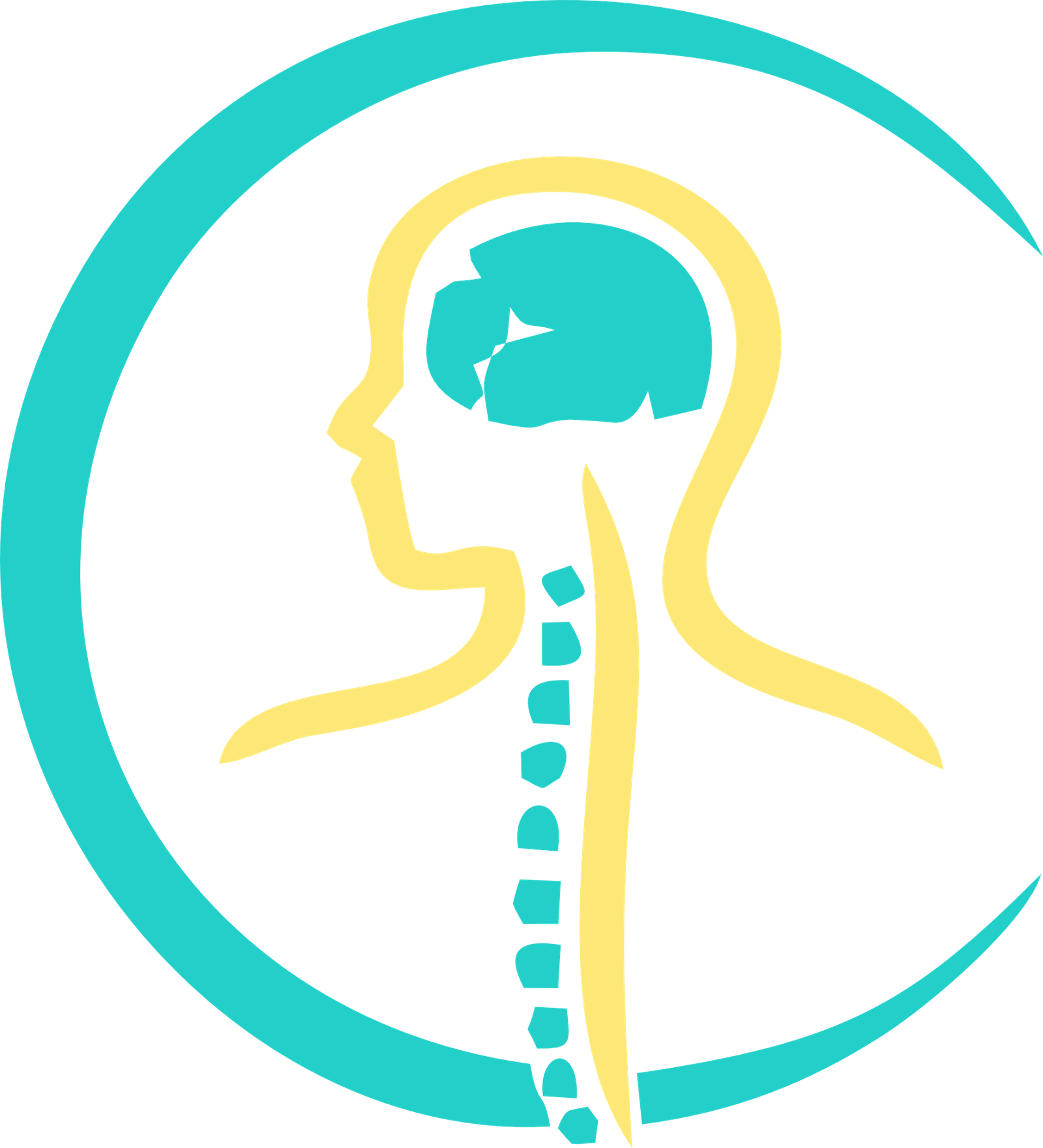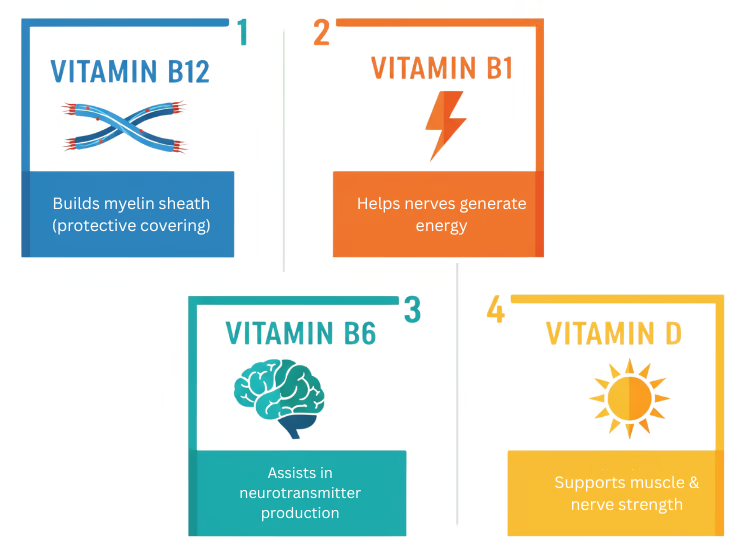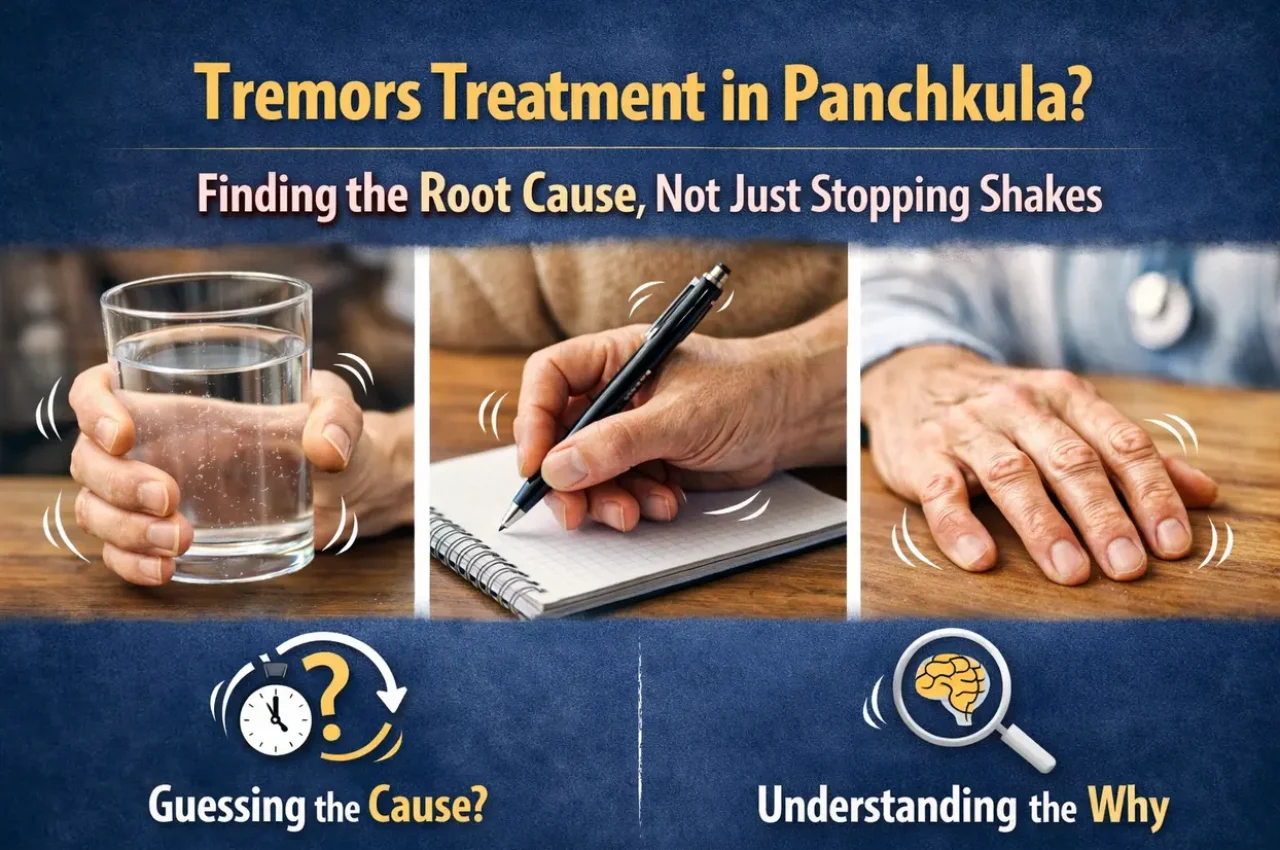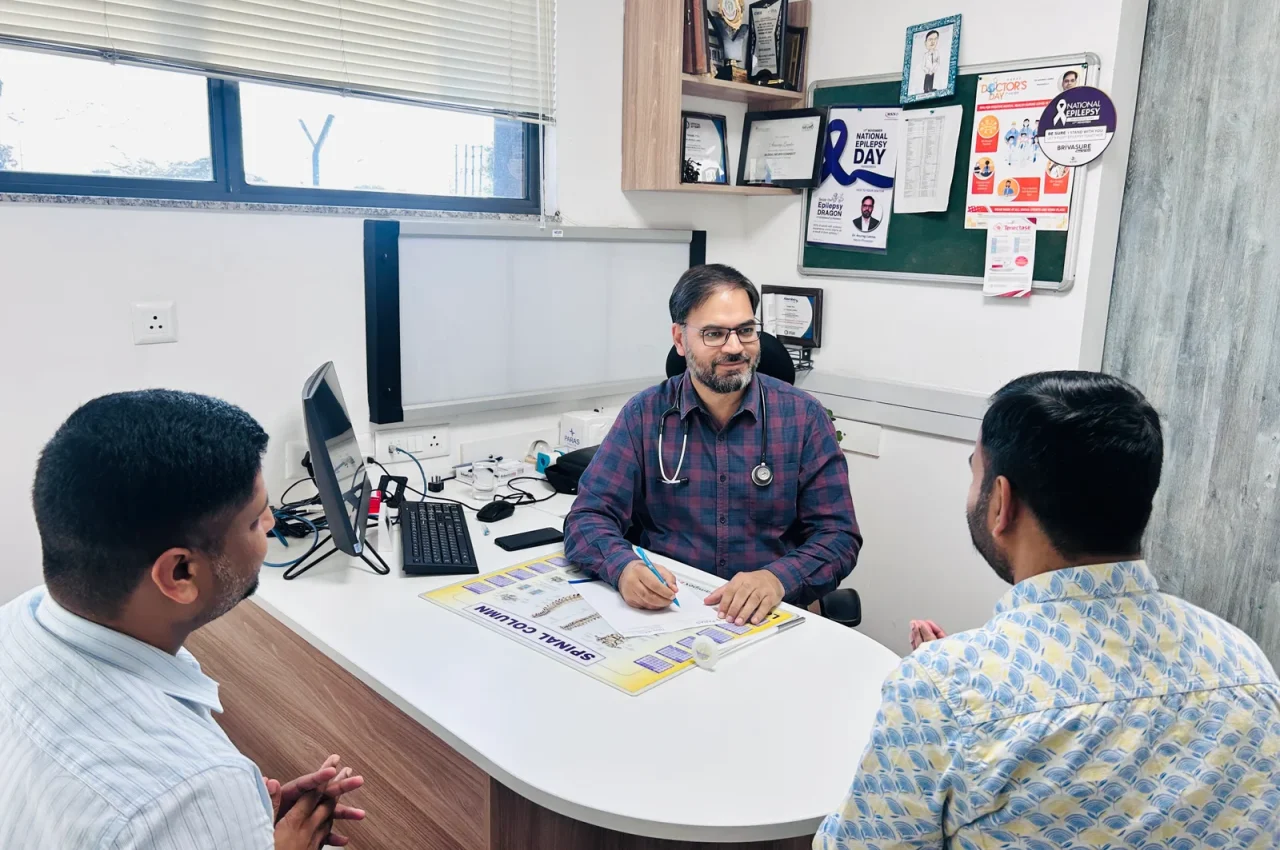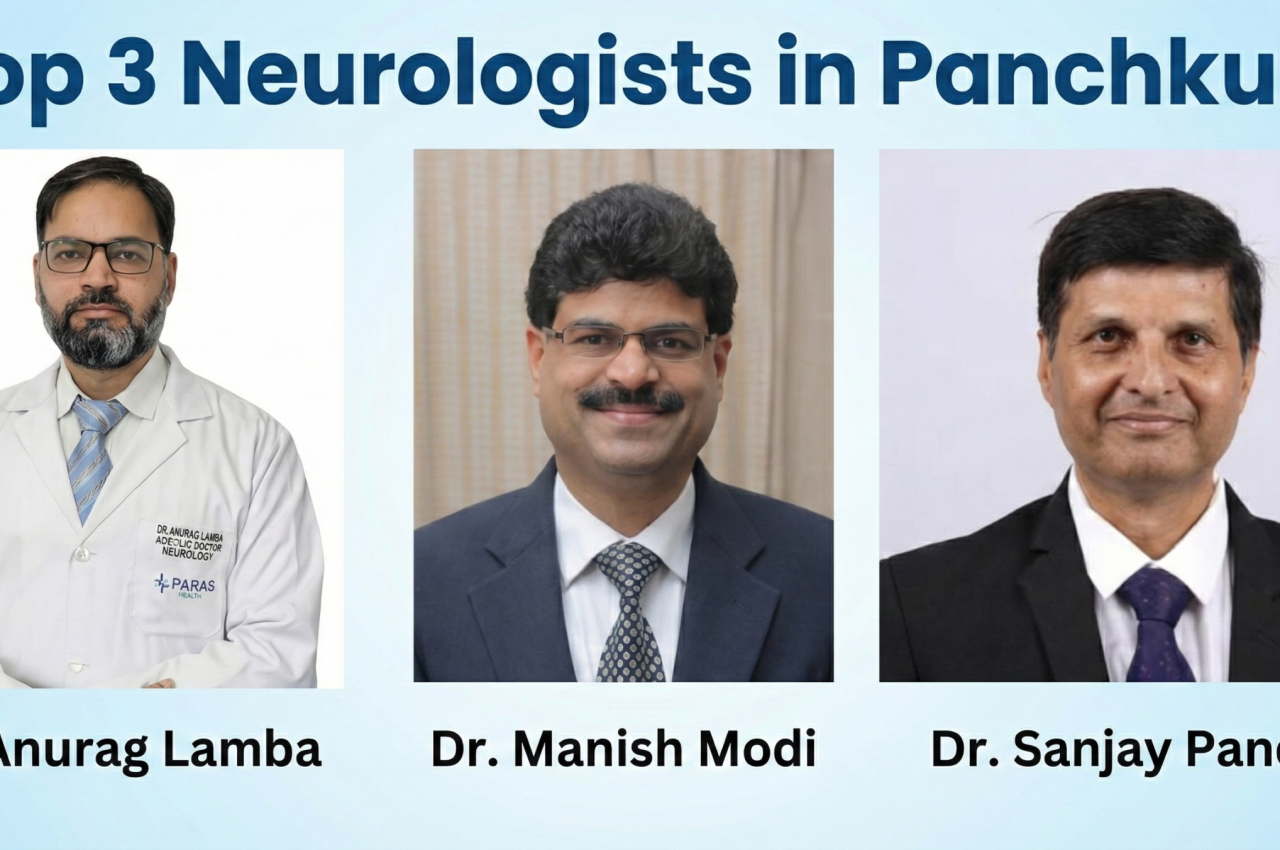Introduction: When Nerve Pain Isn’t Diabetes
“I don’t have diabetes, then why do my feet burn at night?”
This is a common question neurologists in Panchkula hear almost every week. For many people, the moment they hear about nerve pain or tingling, they immediately connect it with diabetes. While that is indeed the most common cause, it is far from the only one.
One of the most overlooked reasons for nerve pain is vitamin deficiency. Vitamins are not just “nutritional extras” — they are essential for nerve function. When the body runs low on them, your nerves start malfunctioning.
According to the Indian Council of Medical Research (ICMR), up to 30–40% of urban Indians are deficient in Vitamin B12, and more than half the population is deficient in Vitamin D. These deficiencies quietly damage nerve health, often long before patients seek medical advice.
In this article, we’ll break down how vitamin deficiencies, especially B12 and D, are linked to nerve pain, how to recognize early signs, and what treatment options are available in Panchkula.
Explore next: Neuropathy Explained: Causes, Symptoms, and Treatment Options in Panchkula
Why Vitamins Are the Body’s Wiring Protection
Think of your nerves as electrical wires. Just like wires need insulation and power, your nerves need certain vitamins to function smoothly. When these vitamins run low, the “wiring” begins to short-circuit — leading to symptoms like tingling, numbness, and weakness.
Key Vitamins for Nerve Health
| Vitamin | Role in Nerves | Deficiency Symptoms | Food Sources |
|---|---|---|---|
| Vitamin B12 | Builds myelin sheath (protective covering) | Numbness, burning, balance issues, memory loss | Milk, curd, eggs, fish, fortified cereals |
| Vitamin B1 (Thiamine) | Helps nerves generate energy | Weakness, mood changes, nerve degeneration | Whole grains, dal, nuts, seeds |
| Vitamin B6 | Assists in neurotransmitter production | Irritability, nerve pain, confusion (both low & excess harmful) | Bananas, chickpeas, potatoes |
| Vitamin D | Supports muscle & nerve strength | Weakness, cramps, poor balance | Sunlight, fortified milk, mushrooms |
“Without vitamins, nerves lose their protective covering. That’s when patients start feeling tingling and burning in their hands or feet.” – Dr. Anurag Lamba
Why Vitamin Deficiency Is So Common in India
Vitamin deficiency is not rare anymore. In fact, it’s becoming more common due to diet, lifestyle, and medical factors.
1. Vegetarian Diets
Vitamin B12 is found mainly in animal-based foods. Pure vegetarians (common in Panchkula and North India) are at high risk of deficiency unless they take fortified foods or supplements.
2. Long-Term Antacid Use
People who frequently take acidity medicines (proton pump inhibitors) absorb less B12. This is a hidden reason many young professionals develop neuropathy.
3. Alcohol Overuse
Alcohol directly damages nerves and interferes with vitamin absorption. Chronic drinkers are at double risk.
4. Poor Dietary Diversity
Office workers often eat carb-heavy diets — parathas, rice, or bread — with little variety. This leads to vitamin gaps despite feeling “well-fed.”
5. Age Factor
Older adults absorb vitamins less effectively. Even with the same diet, they can be deficient and develop symptoms.
Explore next: Peripheral Neuropathy: Causes Beyond Diabetes
Symptoms of Vitamin Deficiency Neuropathy
Vitamin-related nerve damage starts slow but becomes progressive if ignored. Recognizing early signs is key.
Early Symptoms
- Tingling in hands and feet
- Burning pain at night
- Fatigue and mild weakness
- Mood swings or irritability
Advanced Symptoms
- Loss of balance, frequent stumbling
- Difficulty climbing stairs
- Memory loss or brain fog
- Numbness that makes it hard to feel hot/cold
- Depression or personality changes (especially with B12 deficiency)
Real-Life Example
Mr. Sharma, a 40-year-old IT professional from Panchkula, ignored his tingling feet for months. He thought it was due to long hours at his desk. When he finally consulted, blood tests showed severe B12 deficiency. With injections and diet changes, his symptoms improved — but the delay meant recovery took longer than expected.
How Neurologists Diagnose Vitamin Deficiency Neuropathy
Unlike diabetes, where sugar tests reveal the issue, vitamin-linked neuropathy requires careful evaluation.
Tests Commonly Done:
- Blood Tests: Vitamin B12, B1, B6, Vitamin D levels. Normal B12 should be >300 pg/mL. Anything below 200 is a deficiency.
- Nerve Conduction Studies (NCS): Measures speed and strength of nerve signals.
- Electromyography (EMG): Evaluates muscle response to nerve activity.
- Neurological Exam: Reflexes, grip strength, balance, and sensation are tested.
“Self-medicating with random multivitamins is not enough. Testing levels helps us target the exact deficiency.” – Dr. Anurag Lamba
Treatment: Correcting the Root Cause
The good news is that vitamin deficiency neuropathy can often be treated effectively — especially if caught early.
1. Vitamin B12 Therapy
- Injections: Quick recovery in severe cases.
- Oral tablets: For mild deficiencies or maintenance.
- Diet: Milk, curd, eggs, fortified cereals for vegetarians.
2. Vitamin D Deficiency
- Supplements: Weekly or monthly prescribed doses.
- Sunlight: 20–30 minutes of morning exposure helps natural production.
- Diet: Fortified milk, mushrooms, soy products.
3. Lifestyle Corrections
- Reduce alcohol intake.
- Diversify meals — include dals, nuts, green leafy vegetables, fruits.
- Avoid skipping meals, especially breakfast.
4. Physiotherapy Support
For patients with weakness, physiotherapy helps rebuild strength and balance.
Explore next: Best Foods and Nutrients for Healthy Nerves
When Should You See a Neurologist?
Book a consultation if you notice:
- Persistent tingling or burning for more than 2 weeks
- Balance problems or frequent stumbling
- Non-healing wounds on feet
- Fatigue + nerve symptoms despite taking OTC vitamins
Ignoring these signs can lead to permanent nerve damage.
Final Word: Prevention Is Easier Than Cure
Vitamin deficiency neuropathy is one of the most preventable forms of nerve damage. Simple blood tests and early supplementation can save years of discomfort.
If you live in Panchkula and have unexplained tingling, burning, or weakness, consult Dr. Anurag Lamba. With timely diagnosis and treatment, you can restore nerve health and avoid long-term complications.
Related Neuropathy Guides
- Neuropathy Explained: Causes, Symptoms, and Treatment Options in Panchkula
- Peripheral Neuropathy: Causes Beyond Diabetes
- Best Foods and Nutrients for Healthy Nerves
- Living with Neuropathy: Long-Term Care

